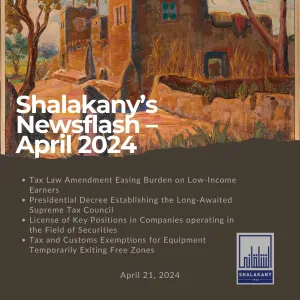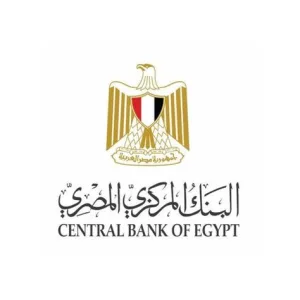Financial inclusion and access to finance is a top priority for the CBE and they have recently introduced a number of regulations to promote financial inclusion across various different sectors and customers operating in Egypt.
The CBE recently issued new regulations on 19 February 2019 titled: “Instructions for the protection of the rights of bank customers” (the “Regulations”). The Regulations are a comprehensive set of rules that define the relationship between banks or providers of banking services and customers. The Regulations emphasize the rights of customers and the necessity to deal with them on the basis of fairness and transparency and to have safeguards in place to ensure financial awareness and confidentiality.
We will briefly delve into the main rules of the Regulations:
The Scope of Application
The Regulations apply to banks, foreign branches of banks and providers of banking services in Egypt (e.g. companies providing mobile payment services in Egypt) (the “Service Provider”).
Fairness and Equity
Banks and Service Providers must deal with customers in a manner that is fair, transparent and credible. Discrimination against customers is strictly prohibited. This is reflected in the obligation of the bank and the Service Provider to: (i) duly explain to customers the products/services offered and their terms and conditions, (ii) help customers choose what is best for them and suitable to their needs, (iii) refrain from misleading customers and inciting them to buy many products to get a specific one, (iv) clarify and explain the reasons why customers cannot get certain products and the methods of cancellation of services, (v) use clear and simple contracts with customers, which must be comprehensive and should not contain any provisions that would be detrimental to customers (e.g., contracts cannot be renewed automatically and cannot prohibit customers from cancelling services), (vi) not request guarantees that are not proportionate to the financing granted, and (vii) refrain from claiming fees and expenses other than those agreed upon or without notifying customers.
Transparency and Disclosure
Banks should publicly disclose their real annual interest rates. Moreover, this rule concerns the necessity to provide customers with all the information needed regarding the service/product to enable sound decision-making. Further, there are certain instructions that should be followed regarding balance/bank statements and credit/debit cards balance sheets. If customers are in default, banks or Service Providers must advise their customers and ensure that the payment periods are appropriate to the circumstances of those customers. It should be noted that banks must notify their customers in case of any impossibility/delay in providing any banking services.
Complaints by Customers
Banks should establish a special unit dedicated to dealing with customer complaints. This special unit’s decisions are binding on Service Providers. Banks should inform and explain to customers the complaint mechanism. Complaints by customers must be examined and replied to within a maximum period of 15 days. Customers have a right to escalate the problem and resort to the CBE.
Banking Awareness
Banks and Service Providers should be keen to spread awareness related to banking services. They should ensure, through various methods indicated in the Regulations, that customers understand and are aware of their rights and obligations (e.g., the necessity of reading contracts concluded between themselves and banks, consequences of default in payment, account fraud, and the necessity to update personal information).
Confidentiality
Banks and Service Providers must respect the confidentiality of all information related to their customers and their accounts. They are prohibited from disclosing any confidential information to third parties. The Banking Law and the rules related to counter-terrorism and combatting money laundering shall apply in this regard.
Use of Electronic Services
Banks should ensure that customers know how to use electronic banking services and that they are aware of the potential risks resulting from using such services. Further, banks and Service Providers must provide safe and protected electronic systems. They are entirely liable and responsible for damages and losses suffered by customers which result from the use of electronic services in certain cases.
Deadline
Banks have one year from the date of publication of the Regulations to fully comply with its provisions (i.e., by February 2020). Sanctions should apply in case banks do not respect the aforementioned deadline.
Market Reaction
The new Regulations have received positive feedback from different banks across Egypt. Abdel Hamid Abou Moussa, the chairman of Faisal Islamic Bank of Egypt, said that: “the rules issued by the CBE protect customers’ rights and keep their deposited funds safe, and that the instructions of the CBE must be complied with in order to ensure the completion of the reform plan and to achieve the objectives of the State to transition to a cashless society. This will certainly take place only through the development of customer-oriented services”.




